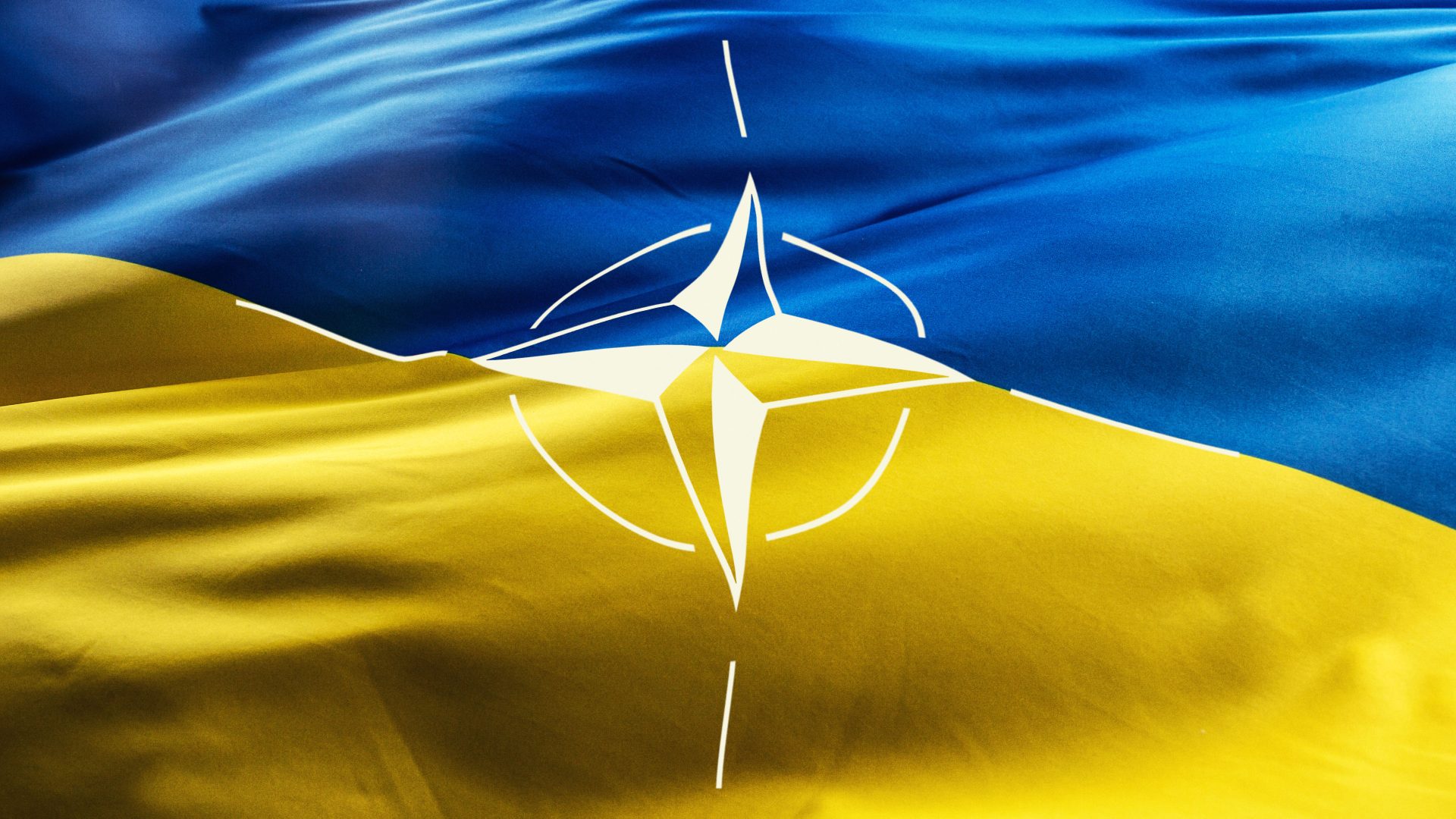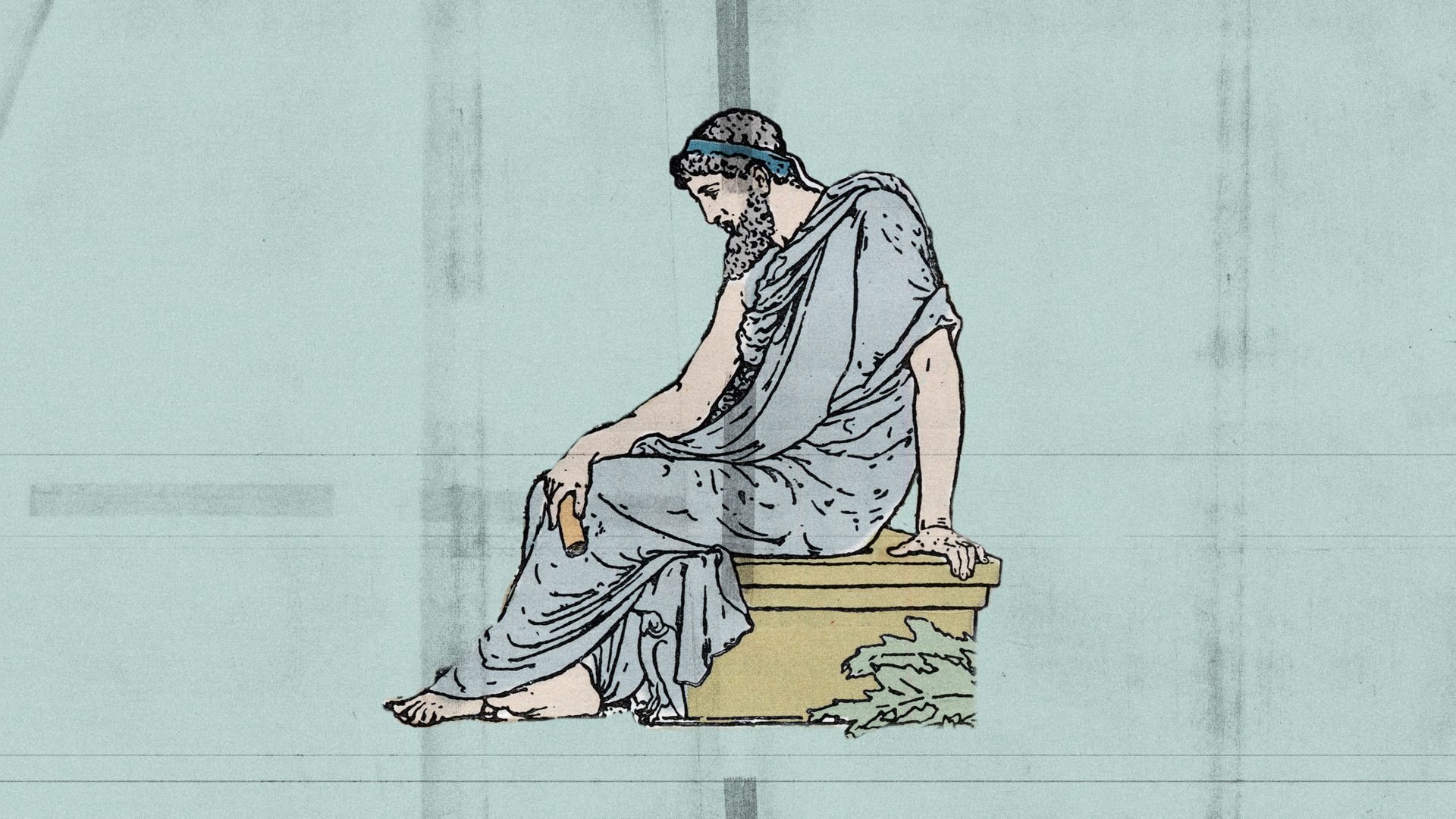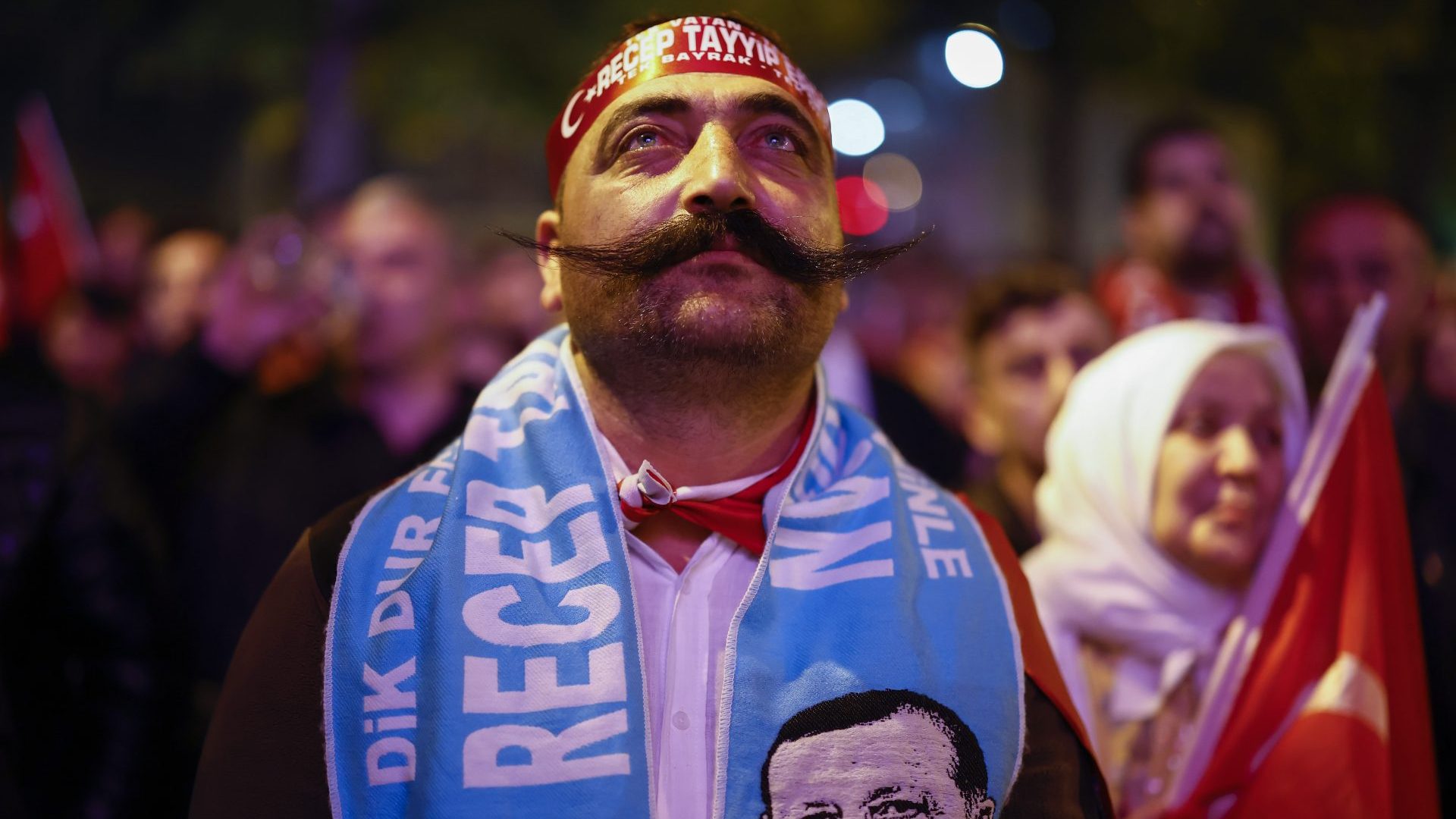To the visiting teenagers, the exhibits in Tallinn’s Museum of Occupations and Freedom must look ancient: old Communist Party membership cards, police uniforms, letters from deportees to Siberian labour camps. But they’re from the same period as my childhood. For my generation, the Soviet Union was a permanent fixture: at school in the 1970s, none of my teachers called Estonia “occupied”.
By contrast, for the Estonian techies who crowd the cafes of Tallinn after work, it is independence that looks permanent. Their cultural freedoms, vigorous democracy and euro currency must seem to them as inviolable as the USSR did to us.
Now, thanks to Russia’s invasion of Ukraine, we all have to confront a different possibility. If Putin wins – and winning might mean simply clinging on to tracts of the Donbas and Crimea until western willpower is exhausted – Estonia could be next.
In Tallinn I met MPs, trade unionists and security experts: not one of them thinks Putin’s army is a busted flush. Within living memory, this country was absorbed, colonised and eradicated by its Russian neighbour – and they do not intend to let it happen again. “Every bush will fire,” one Social Democratic MP told us, explaining the country’s extensive volunteer army reserves.
If it ever comes to that, the British army will be on the front line with them. Britain has a battlegroup stationed close to the Russian border as part of Nato’s “enhanced forward presence” – and the numbers look set to be increased at Nato’s summit in Vilnius, Lithuania, in July. But when I asked the Estonian politicos what they wanted at Vilnius, the answer was not about British troops: it was a promise of Nato membership for Ukraine.
This is something the UK government has shied away from, and Nato itself has refused to progress since promising to start the process in 2008. The reasons are obvious: if Ukraine joins Nato – which could only happen if the current fighting stops and a semblance of stability is imposed – then the whole western world is pledged to fight Russia should it attack again.
The reasons Estonians want it are also obvious. When you speak to eastern Europeans about Russia, one concept always shapes the conversation: “path dependence” – the inescapability of historical habits. Russia, say many of its neighbours, has an ineradicable tendency to conquer its neighbours. Putin’s 2021 draft treaties betrayed the same logic. So did his TV appearance last month with a historian who showed him an 18th-century map proving that Ukraine had “never existed”.
If Russia is path dependent then, even if its armies are routed this summer, and Putin is replaced, its neighbours expect the conflict to go on, perhaps for decades. Russia will simply go on lobbing long-range missiles into Ukraine, attack western civil society using espionage, disinformation and political interference, and wait for our side’s willpower to collapse.
And that’s why I think the west has no option but to steer Ukraine to Nato membership. This has nothing to do with any sentiment I might feel for Ukrainians – though having been there, those feelings are immense. My reasons for backing Ukraine’s Nato membership are strictly practical, and evoke the same logic of “realism” used by those who wanted to hand Ukraine to Putin back in 2022.
Realistically, Russia’s position in geopolitics is now untenable. Its supposed wunderwaffen, the hypersonic Kinzhal missile, was shot down by an American Patriot battery. Soon, its airforce will be facing American-made F-16s, which can not only clear Ukraine’s skies of incoming missiles and bombers, but threaten any Russian surface vessel in the Black Sea – if we’re prepared to supply the right mix of missiles and intelligence.
Russia invaded Ukraine to eradicate it. Its secondary aim was to dominate the Black Sea. What it has produced, to the contrary, is the solidification of Ukrainian national consciousness and the potential collapse of its maritime superiority in the region. Owning Crimea, which seemed like a slamdunk when it was annexed in 2014, will count for nothing once the west is committed to the long-term rearming, modernisation and supply of the Ukrainian military.
In short, we can’t go back. Any idea that Russia bows out gracefully, while the west wrangles Kyiv into neutrality once the fighting stops, has to be discarded. Putin chose to rip up the rules-based global order. Ukrainians are laying down their lives to restore it. By inviting them into Nato, and offering the guarantee that we will fight for their survival, we would not be displaying generosity or recklessness, but self-interest.
Because one look at a map of the Baltic states shows how hard it would be to defend them, and how vulnerable British troops would be if they had to do it. If the Russian state really is “path dependent”, the surest guarantee of good behaviour is the promise that, should it violate the peace again, it will face retribution.
Offering Ukraine a Nato membership action plan would be a big step for the west. Those opposing it would do so on far more legitimate grounds than the ghouls opposing arms supplies. Ultimately, I understand, the British government will follow what Washington decides.
As an internationalist, I would like to believe Russia is not path dependent: that it could become a mature democracy. Unfortunately, I do not think it will even begin along that route until its people can see what a disastrous, historical cul-de-sac Putin has driven them into. The Nato flag on Ukraine’s border posts would be an unmistakable visual aid.




